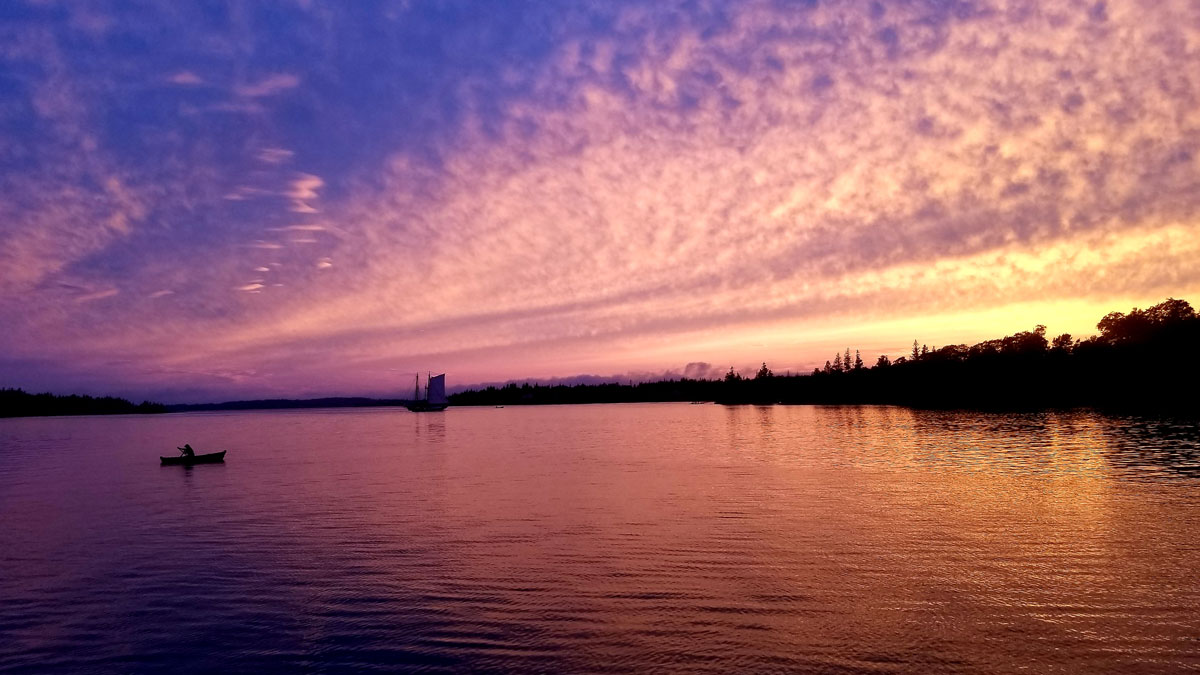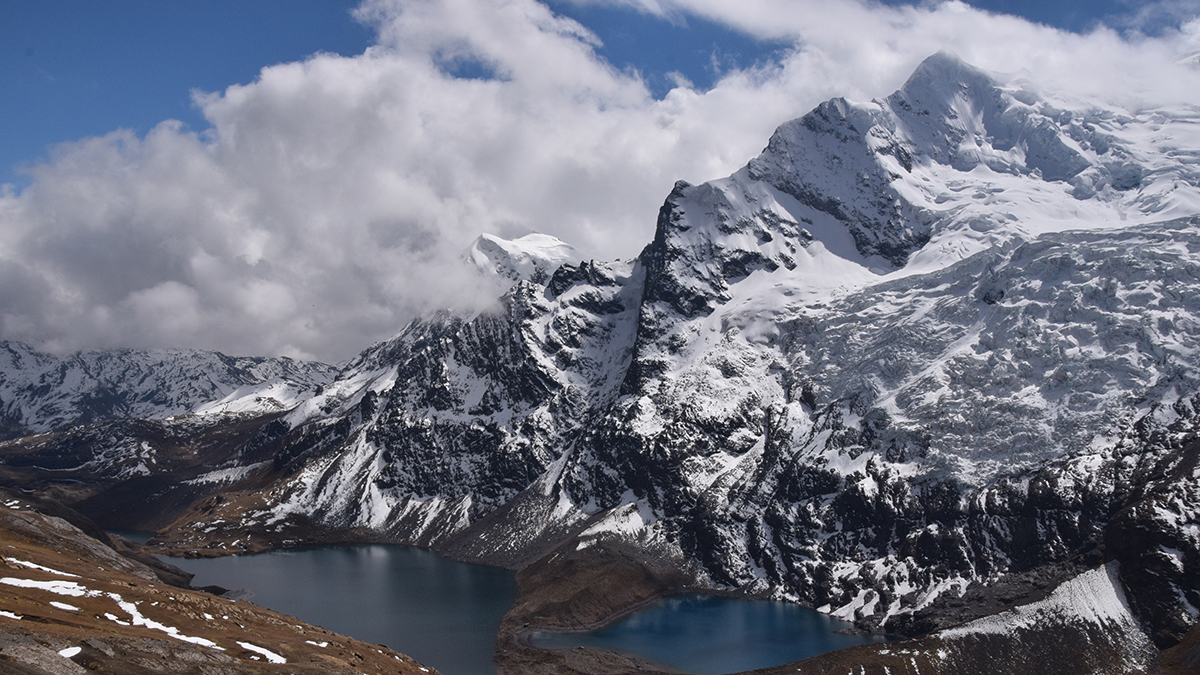Improvements in our ability to forecast oceanic conditions weeks to months in advance will help communities, industries, and other groups prepare amid a changing climate.
Features
Windjamming on the Warming Gulf of Maine
Living in Geologic Time: A sailing venture reveals economic upheaval along Maine’s enduring coast.
Adapting to Receding Glaciers in the Tropical Andes
Integrated approaches are needed to understand and respond to changes in tropical mountain ecosystems and communities brought about by receding glaciers and changes in land use.
Los retos de predecir las pequeñas, pero intensas, depresiones polares
Estas intensas tormentas marítimas suponen una amenaza para las comunidades costeras y las actividades económicas de las altas latitudes y puede que influencien el clima y la circulación oceánica.
The Changing Climate’s Snowball Effect
Shrinking snowpack, thawing permafrost, and shifting precipitation patterns have widespread consequences. Can new technologies—and public policies—help communities adapt?
How the Ski Industry Stopped Worrying and Learned to Love Climate Activism
A cultural shift is underway to transform outdoor buffs into stalwarts for climate action. Will it come soon enough to save their sport?
The Challenges of Forecasting Small, But Mighty, Polar Lows
These intense maritime storms pose threats to high-latitude coastal communities and economic activities and may influence climate and ocean circulation.
Ashlee Wilkins: A Space Scientist Goes to Washington
“Big-picture science questions” fuel science policy discussions.
Rebecca Charbonneau: The Future of Scientific History
Historian finds the liberal arts support a deeper study of science.
Ashley Lindalía Walker: Leading a Celebration of Black Scientists
Astronomer bridges academic and social media outreach.










